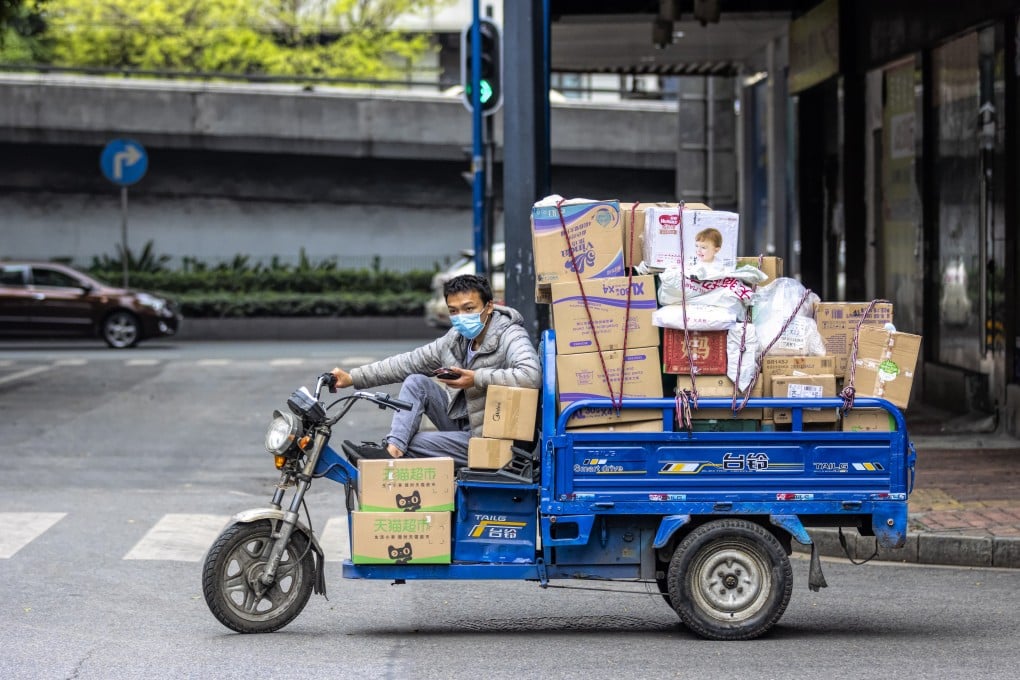‘Gig workers of all trades, unite!’ China’s state trade union calls for branches for gig economy workers
- The state labour union made the call at a time when Beijing is turning up the heat on the country’s big technology platforms
- Grievances have been rising among gig workers, and Beijing has not hesitated to raise its concerns about the potential for social unrest with Big Tech

China’s gig economy workers employed by online platforms, including deliverymen and ride hailing drivers, should be encouraged to form unions to boost their negotiating power with Big Tech, the country’s government-backed union said.
The All-China Federation of Trade Unions (ACFTU), which answers to the Chinese Communist Party and is the only legal labour union in China, issued “opinions” this week calling for better protection of labour rights in China’s gig economy, which is estimated to provide around 200 million jobs in the country.
On-demand services providers such as Meituan and Ele.me, and ride-hailing companies like Didi Chuxing, have employed millions of employees on a temporary basis. However, labour protections for those “employed in a flexible manner”, are often limited compared with full-time employees and the negotiating power of these workers is usually weak.
Grievances have been rising among these new types of workers, and Beijing has not hesitated to raise its concerns about the potential for social unrest with Big Tech. The Hong Kong-based NGO China Labour Bulletin (CLB) recorded 131 cases of food delivery worker protests between 2016 and 2021.
High profile cases of gig workers seeking better rights have hit the headlines recently, including the dramatic self-immolation of a delivery worker at Alibaba Group Holding-backed food delivery platform Ele.me in January. Alibaba owns the South China Morning Post.